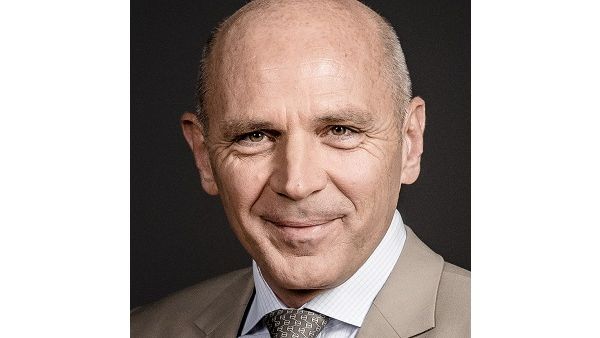Public transport plays important role in helping the community enjoy the rewards of Ramadan, according to RATP Dev study

RATP Dev, a subsidiary of the French state-owned public transport operator and the 5th largest public transport operator in the world, is preparing to manage the changing pattern of demand from the travelling public in the region, as the pace of life changes during the Holy Month of Ramadan.
RATP Dev, which operates across the Middle East and North Africa working on large scale public transport systems and operations, has studied the impact of Ramadan and believes operators can help the community enjoy this special time of year.
According to a regional study by the company, public transport operators can respond to the changing demand and help support the community in enjoying the rewards of Ramadan. Public transport operators can adapt timetables,
and plan service provision as ridership increases through the month and especially with the night time peaks of travel. Operators can also support the community during Ramadan with its religious and cultural events, with special services and fares to encourage continued use of public transport.
An RATP Dev study on the impacts of Ramadan on public transport ridership highlights the impact of the Holy Month:
- The travelling public changes its normal travel habits during Ramadan, due to the change in working hours, the school day, and religious obligations
- Typically during Ramadan, depending on when the Holy Month falls during the year, public transport overall ridership declines between 10% and 25%
- Peak ridership hours change in Ramadan – with lower rider numbers during the day and a shorter working day resulting in shorter rush hours
- Night ridership rises during the course of Ramadan and night time peaks are higher than those during the day time
- Pre- and post-Ramadan periods are also affected with high ridership figures in the days before the start of the Holy Month, due to additional shopping trips
- Ridership returns to normal patterns at the start of the first full working week following the end of Ramadan and Eid Al Fitr holiday
- Typically, overall ridership drops in the first week of Ramadan and then gradually rises again during the second half of the month as the new pattern of life becomes the norm and families are more active, and in preparation for the Eid holiday that follows.
Typically, morning rush hours happen later in the day during Ramadan, with lower daytime ridership generally; the evening rush hour may be earlier and less intense, before Iftar, when there is a ridership ‘black hole’ and some operators may close the system for the breaking of the fast. After Iftar, the transport networks come back to life as people travel to be with family and friends and services may need to be extended into the early hours of the morning.
Olivier Badard, Senior Vice President – Asia, Middle East & North Africa, RATP Dev, comments: “Public transport is all about connecting people and communities and improving the quality of life. Our work across MENA demands careful study of demand and planning to optimise services during
major religious events and holiday periods. Studying the impact of Ramadan on public transport behaviour and ridership helps us better understand the changing public transport needs of the community during the Holy Month, so we are better prepared and able to adapt and even improve services for the travelling public. Of course, Ramadan can affect cities in different ways in different seasons of the year, but all cities are affected by the change in the pattern of life. We believe that public transport operators of bus, tram and metro systems can respond and support the community, ensuring services help the community to enjoy all the benefits and rewards of Ramadan.”
Background Information
RATP Dev
It all started in Paris about 120 years ago, with our parent company RATP. The first metro line crossed the French capital. It was opened for the Paris world fair on July 19, 1900, after less than eighteen months of construction—an impressive feat.






